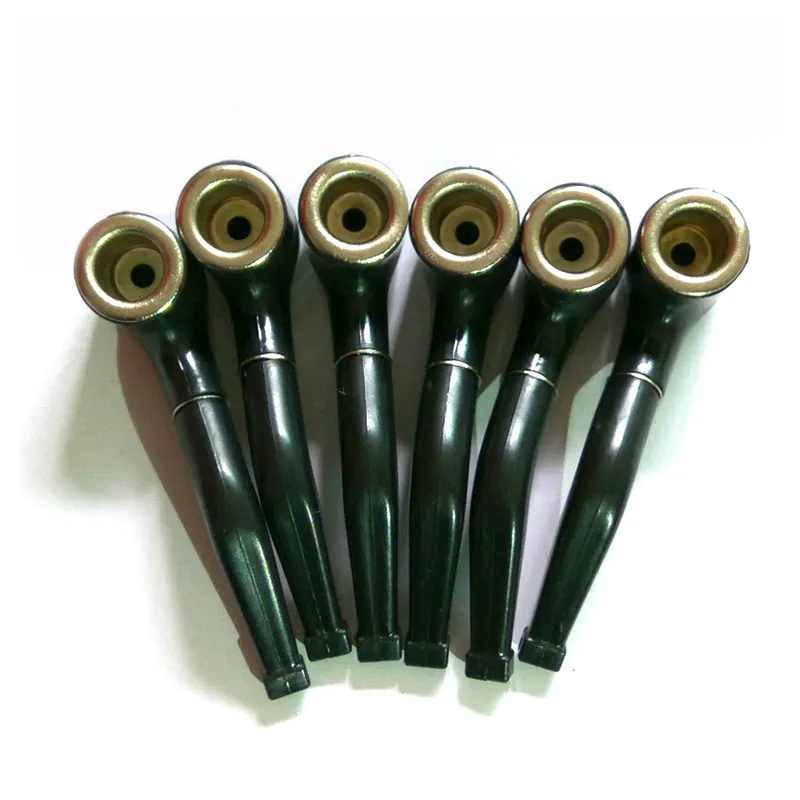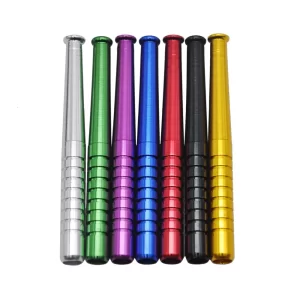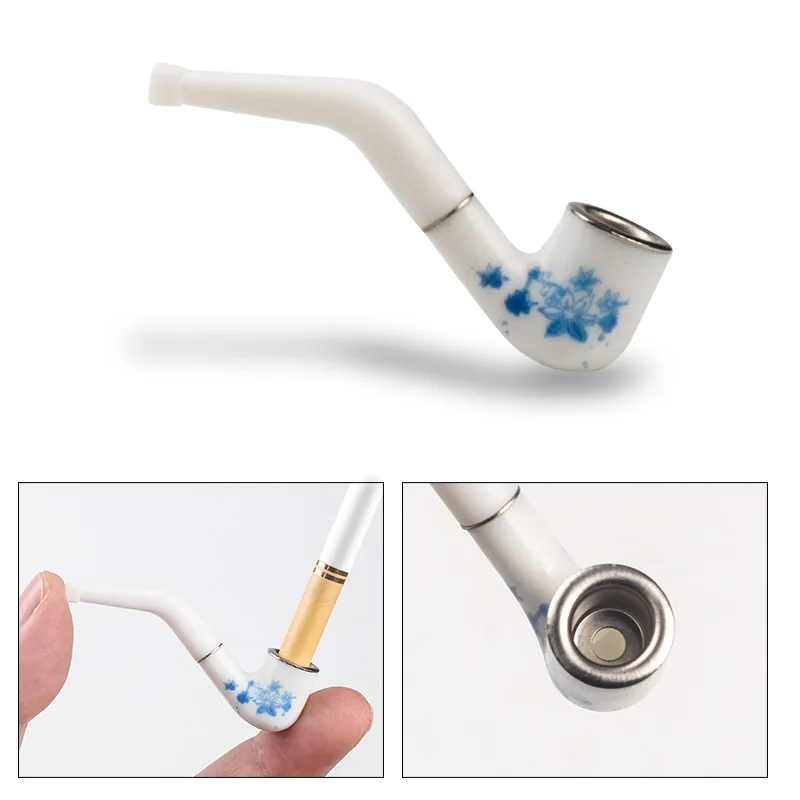Cannabis seed oil can help accelerate healing of skin wounds—a promising development that authors say indicates that “hemp seed oil may serve as a promising natural and cost-effective adjunct for wound management”—according to a new study of mice.
The report, published in the journal Narra J, compared wounds treated with hempseed oil against those treated with the conventional antibiotic chloramphenicol. Another group of mice was given only a mild saline solution.
“The findings of the present study highlighted the efficacy of hemp oil in accelerating wound healing processes, particularly wound size reduction, epithelialization, granulation tissue formation, and vascularization,” authors wrote, “with results indicating superior effect compared to chloramphenicol ointment.”
The four-person research team, from Universitas Syiah Kuala in Indonesia, noted that there appeared to be specific portions of the healing process in which hemp oil outperformed treatment with chloramphenicol. During other time frames, however, it seemed “comparable” to the antibiotic.
“Hemp seed oil demonstrated superior effectiveness in accelerating wound size reduction compared to chloramphenicol ointment during days 14 and 21,” the paper says, “indicating its potential as a supportive therapy for prolonged wound healing phases. While both treatments improved epithelialization, the significant effect observed on day 14 in the present study suggested that hemp seed oil may provide particular benefits during this critical stage of wound healing, potentially accelerating the transition to tissue remodeling.”
In terms of tissue formation, “hemp seed oil treatment significantly accelerated granulation tissue formation during wound healing, particularly on day 14, where it outperformed chloramphenicol,” authors wrote. “However, its effect on day 21 was comparable to chloramphenicol.”
“Hemp seed oil demonstrated significant potential in accelerating wound healing processes, particularly in promoting wound size reduction, epithelialization, granulation tissue formation, and vascularization, indicating a superior effect compared to chloramphenicol ointment.”
“By day 14, hemp seed oil treatment demonstrated denser fiber deposition and more pronounced granulation tissue formation compared to the chloramphenicol and control groups, although the fibers remained somewhat disorganized,” the report continues. “By day 21, granulation tissue in the hemp seed oil treatment exhibited the most advanced and well-organized structure, indicating accelerated and more efficient healing compared to the chloramphenicol and control groups.”
Results showed the hemp seed oil treatment also “significantly increased vascularization on day 21, with no effect observed on days 3, 7, or 14.”
“By day 21, vascularization peaked, with the hemp seed oil treatment demonstrating the most substantial vascular network compared to chloramphenicol and negative control groups,” the report says, noting that vascularization—the formation of new blood vessels—”plays a critical role in wound healing, as insufficient new blood vessel formation can result in ischemia and tissue loss.”
As for the mechanisms at work in the cannabis treatment, authors pointed to likely “combined actions” of multiple compounds.
“Hemp seed oil contains a variety of bioactive components, each with the potential to accelerate specific stages of wound healing,” they wrote:
“Polyunsaturated fatty acids, such as omega-3 and omega-6, can modulate inflammation by regulating pro- and anti-inflammatory cytokine production, aiding the inflammatory phase. Terpenoids and flavonoids in hemp oil possess antioxidant properties, which reduce oxidative stress and support tissue repair during proliferation. Additionally, cannabinoids such as cannabidiol exhibit anti-inflammatory and antimicrobial effects, crucial for infection control and balanced immune responses.”
“The combined actions of these compounds suggested that hemp seed oil may enhance wound healing through multiple pathways,” the study says, “addressing both the inflammatory and proliferative stages effectively.”
The report notes that combined effects of various compounds have also showed promise in research looking at “combined essential oils in wound healing, such as a novel formulation comprising sesame, hemp, wild pistachio, and walnut oils, which demonstrated significant improvements in wound contraction and epithelialization time in animal models of burn wounds.”
But while “combined formulations leverage the diverse bioactive compounds of multiple oils, the specific contributions of individual components remained unclear,” it continues. “Hemp seed oil, as a single-agent treatment, simplifies formulations and avoids potential interactions among bioactive compounds, yet still exhibits robust therapeutic potential.”
The new study adds to an emerging body of scientific evidence indicating the potential of cannabinoids to treat wounds and address a number of other skin conditions.
A review published last year in the journal Pharmaceutics, for example, found that cannabis oil offered “promising benefits” for helping skin wounds heal despite a need to better optimize product formulations.
The report, by researchers at universities in India and Thailand, looked specifically at how cannabis oil can reduce so-called “reactive oxygen species” (ROS) during the healing of wounds. Those chemicals “play a crucial role in would development by causing cell and tissue damage,” it explained
Authors of that study wrote that cannabis oil “may help mitigate oxidative damage by scavenging ROS and upregulating antioxidative mechanisms, potentially enhancing wound healing.”
“Cannabis oil, especially its primary bioactive constituents, CBD and THC, demonstrates considerable potential in facilitating skin wound healing by modifying oxidative stress via the regulation of reactive oxygen species,” they wrote, adding that the antioxidant properties of CBD mitigate the effects of ROS, “fostering a more conducive environment for tissue regeneration.”
Separate research published earlier this year found that CBD could also be a useful edition to certain skin products given its anti-aging and antioxidant properties as well as evidence that it may speed the healing of wounds.
“Overall, we suggest that CBD exhibits many potential characteristics that can be used to develop topical cosmeceutical products, such as sun protection products, hair care products, or wound healing products,” said that study, published in the journal Pharmaceuticals, noting that low concentrations of the cannabinoid were also not toxic to cells during short-term treatment.
As for wound healing, the study’s findings suggest “that CBD influences the expression of key genes involved in all phases of the wound healing process, supporting its potential as a therapeutic agent for skin repair and anti-aging applications.”
A recent study in the journal Clinical, Cosmetic and Investigational Dermatology, meanwhile, found that an ointment including cannabidiol (CBD) and cannabigerol (CBG) was “effective in reducing itching and improving the quality of life” in patients with eczema, “leading to symptom remission in some cases.”
The transdermal ointment was used as an alternative “to conventional auxiliary therapies during both flare-ups and remission” from May to July 2022, authors wrote. “The results we achieved included improved skin hydration, sebum level, and TEWL [water loss] as well as reduced erythema [redness] in the studied areas (forearms).”
A different study this year looked at CBD in dental products, finding that mouthwash containing CBD and another botanical extract could be a useful tool for promoting oral health by controlling plaque buildup and reducing oral bleeding.
“The available evidence suggests that CBD exerts anti-inflammatory, analgesic, antioxidant, neuroprotective, and antimicrobial effects, underscoring its potential as a multifaceted therapeutic agent,” authors wrote.
Another paper, published last year in the Journal of the American Academy of Dermatology, found that applying CBD-infused lotion to the skin appeared to be tied to a lower risk of damage from exposure to ultraviolet (UV) rays. Among those who used the CBD cream, 21 percent had less damage than the control group, which received a placebo. Another 47 percent had comparable damage, and 11 percent showed better results after taking the placebo versus the cannabis lotion.
The possible benefits aren’t limited to human applications.
A separate study, published last year in the journal Frontiers in Veterinary Science, concluded that cannabis appears to be a “viable alternative” treatment option for dogs suffering from a common skin disease—especially if they experience adverse side effects from conventional steroid therapies
That study detailed the efficacy of full-spectrum CBD oil on a dog with the autoimmune disease discoid lupus erythematosus (DLE). The condition, which causes hair loss and redness that could progress to lesions, is typically treated with corticosteroids and other medications that can put a strain on a dog’s liver.
A veterinarian prescribed a full-spectrum oil with a 2:1 THC:CBD ratio, which was administered orally—at first, one drop per day for three days and gradually increasing it “until the optimal dose for symptom control was identified.”
“Within a few weeks, the dog exhibited significant improvement in dermatological signs, accompanied by a concurrent improvement in liver function,” the study said. “Interestingly, the owner reported an improvement in the dog’s behavior shortly after discontinuing prednisolone and within the first day of receiving the cannabis oil.”
Photo courtesy of Kimzy Nanney.



























